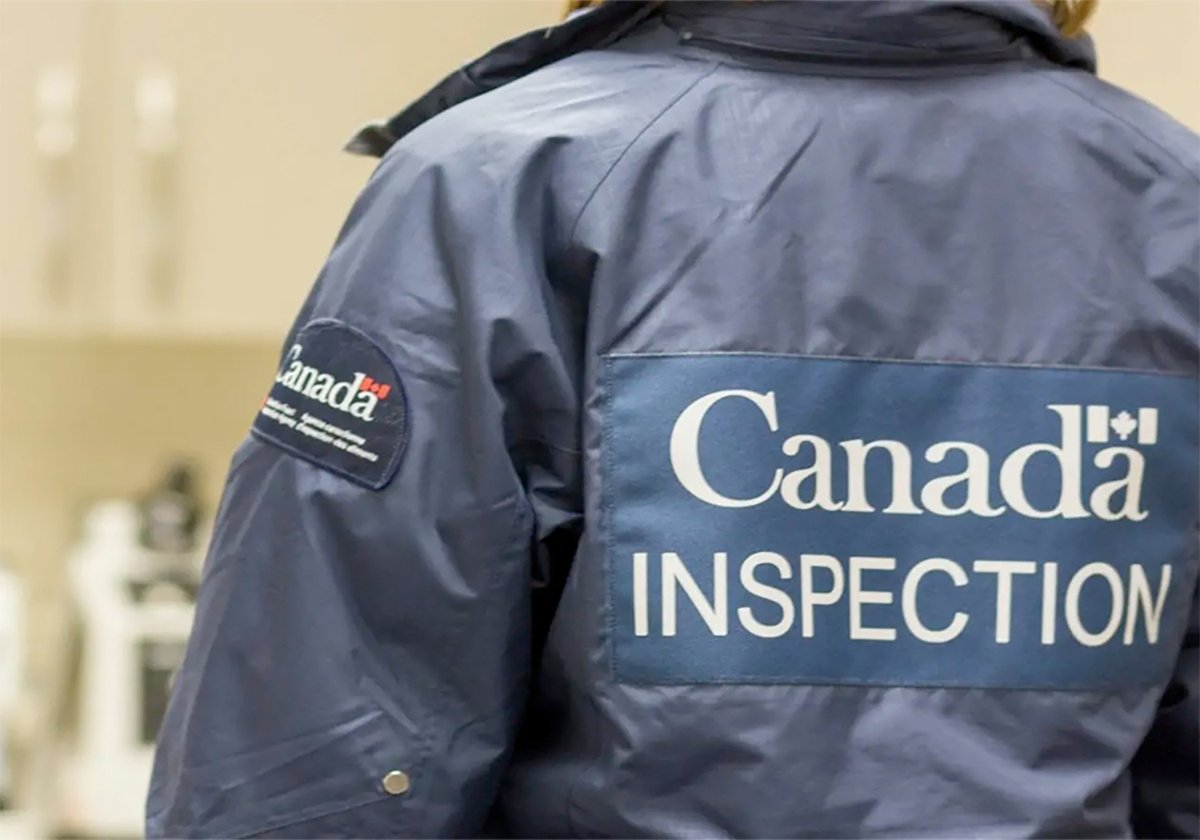WASHINGTON (Reuters) — The Obama administration’s argument for keeping its labelling requirements in place for meat vendors is too broad and would give regulators too much power over how goods are labelled, judges in a U.S. appeals court said yesterday.
The D.C. Circuit Court heard argument from the Obama administration and lawyers representing North American meat vendors about the 2013 U.S. Department of Agriculture regulation that requires North American vendors to list where the animals they sell as meat are born, raised and slaughtered.
The administration argued that the labelling requirement gives meat consumers information they want and need about which products originate solely within U.S. borders and which come from Canada or Mexico.
Read Also

B.C. ostriches now to be culled after ruling: CFIA
Birds are now to be culled from a British Columbia ostrich operation that sought to bypass standard federal practice in on-farm outbreaks of highly pathogenic avian influenza and has been denied an appeal at Canada’s highest court.
The judges said the government’s argument was too broad. Regulatory agencies could have too much power over what is printed on labels if they need only prove the information they seek is in consumers’ interest, they said.
Meat vendors who do business with the two countries have challenged the regulation, saying it violates their free speech rights with burdensome wording that has no impact on consumer health and safety.
In a rare move that signified the importance of any potential verdict, a three-judge panel that previously heard the case recommended it be heard by the entire court.
Several judges asked the attorney arguing for the administration, Daniel Tenny, to suggest a test that could be used to establish when government agencies can require companies to use certain labels on their products.
Tenny said the government would always be justified in requiring labels so long as they are providing consumers with information they want or need to make informed decisions.
To the courtroom audience’s amusement, several judges posed hypothetical situations to Tenny to exemplify how the law could be applied too broadly under his argument.
Chief judge Merrick Garland asked Tenny if he thought the government could force milk manufacturers to include missing children labels. Judge Janice Brown asked if the agencies could require a label telling consumers that beef production increases greenhouse gas emissions.
The case is similar to one the court heard last month when it struck down parts of a regulation that required companies to disclose if their products contained certain “conflict minerals” from a war-torn part of Africa. The requirement was challenged as a violation of the First Amendment.














